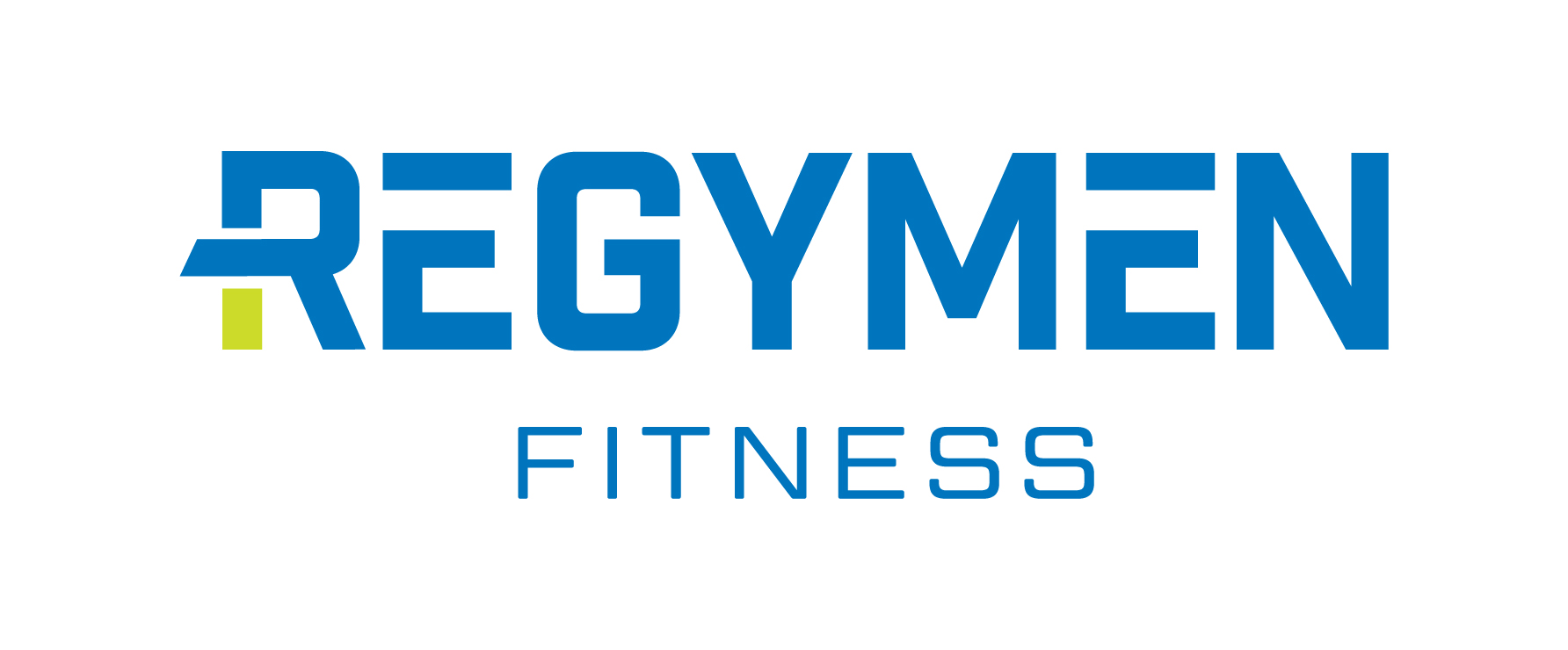Starting a personalized nutrition plan is an exciting step toward better health, but it’s not uncommon to experience some digestive hiccups along the way. A personalized plan tailors your diet to meet individual health and lifestyle goals, which often means introducing new foods or altering portion sizes. This change, while beneficial in the long run, can sometimes lead to issues like bloating or discomfort as your body adjusts.
Digestive problems can be a frustrating side effect of dietary changes. You might find yourself wondering why your body isn’t quite cooperating with your new healthy lifestyle. It’s important to understand that this adjustment period is part of the journey, and there are ways to minimize discomfort and make the transition smoother. By recognizing potential digestive challenges early and having strategies in place, you can maintain your focus on reaching those nutrition and fitness goals.
How Your Nutrition Plan Affects Digestion
When you switch to a personalized nutrition plan, your digestion can be influenced in several ways. Different foods can have varying effects on your digestive system, depending on your body’s sensitivities and how accustomed you are to specific nutrients. For instance, incorporating more fiber-rich foods, like fruits, vegetables, and whole grains, is generally great for health, yet it may initially cause gas or bloating as your system adapts.
Common digestive issues that arise from new diets include bloating, gas, and changes in bowel movements. These are often temporary as your digestive system gets used to the higher nutritional content. However, if these issues persist, they may indicate an imbalance in your food choices or the need for dietary adjustments. Recognizing which foods trigger these problems can help you manage them more effectively.
– High fiber intake: While good for health, it can lead to temporary bloating or gas.
– Dairy products: For those lactose intolerant, dairy can cause discomfort.
– Spicy foods: They can irritate the digestive tract in sensitive individuals.
– Cruciferous vegetables: Foods like broccoli and cabbage might produce gas for some.
Understanding your body’s response to different foods helps in adjusting your dietary choices. Recording your meals and any symptoms can offer insights into your digestive health and guide you in refining your nutrition plan. By paying attention to these factors, you can better support your digestive system and stay on track with your health goals.
Tips to Address Digestive Problems
Adjusting your approach can greatly ease digestive issues when starting a new nutrition plan. First, focus on hydrating adequately. Drinking plenty of water can help your digestive system process the increased fiber intake smoothly. Sipping water throughout your day, rather than just during meals, supports digestion by keeping things moving.
Another helpful strategy is altering the pace of your eating. Eating slowly allows your body to properly start the digestive process and gives your stomach time to signal fullness. This change can often reduce instances of bloating or gas. Alongside this, remember to chew your food thoroughly, which makes it easier for your stomach to handle.
Here’s a quick list of tips to keep in mind:
– Eat slowly and chew thoroughly to aid digestion.
– Increase water intake to help manage fiber-rich diets.
– Listen to your body and pace your meals comfortably.
– Gradually introduce high-fiber foods to ease digestive adaptation.
If you notice persistent or severe stomach discomfort, it might be time to seek guidance. Consulting a nutritionist or healthcare professional can help ensure your plan is aligned with your body’s needs. They can offer tailored advice and possibly suggest modifications to better suit your system. While it’s normal for mild discomfort to occur initially, prolonged issues should not be ignored.
The Role of Personal Fitness Training Services
Personal fitness training services, especially in Gonzales, LA, can offer valuable support when dealing with digestive issues from your nutrition plan. Trainers can provide insights into how your physical activity levels interact with your dietary choices, potentially affecting digestion. By understanding these interactions, they can help adjust your fitness or meal routines to achieve better balance and comfort.
Working with a fitness coach allows you to develop a truly personalized approach. Through regular sessions, your coach will assess how your body responds to both exercise and dietary changes. They can guide you in making gradual adjustments, ensuring your nutrition complements your activity levels. For instance, if incorporating more intense workouts, your trainer might suggest specific pre- or post-exercise snacks that are easy on your stomach yet nourishing.
Take Control of Your Nutrition and Digestion
Addressing digestive issues while striving toward health goals can be challenging, but taking a balanced approach between diet and fitness makes it manageable. A personalized plan shouldn’t just meet nutritional needs but also work harmoniously with physical activities, ensuring neither hinders the other. Taking small, considerate steps helps solidify these changes in your routine, promoting both immediate comfort and long-term health benefits.
Relying on professional support, such as that offered by fitness training services, can be hugely beneficial in navigating these dietary landscapes. With experts who understand both fitness and nutrition aspects, you’re better equipped to tailor a more effective plan. By doing so, you place yourself on a sustainable path toward achieving lasting health improvements.
Navigating changes in diet and fitness with expert guidance can make a significant difference in reaching your health goals. At Regymen Fitness Ascension, our personal fitness training services in Gonzales, LA, are designed to support you in creating a balanced routine that aligns with your body’s needs. Whether you’re seeking advice on nutrition or tailored workout plans, our team is ready to help you improve your overall well-being. Embrace the benefits of personalized training and take the first step towards a healthier future today.

